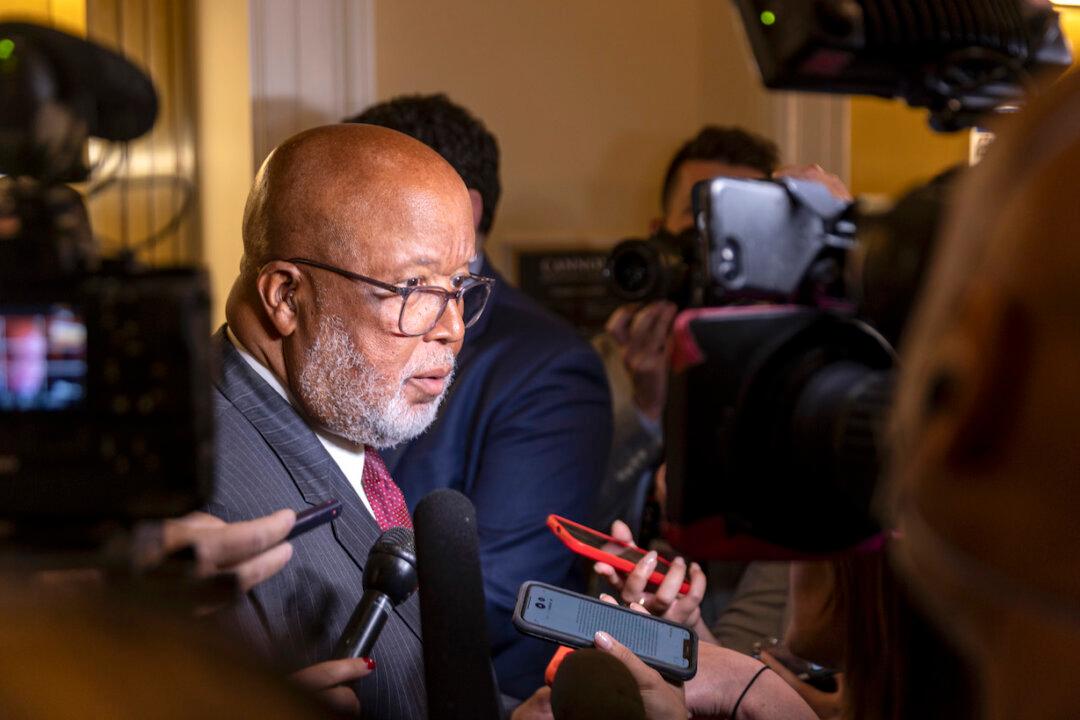Reps. Bennie Thompson (D-Miss.) and Carolyn Maloney (D-N.Y.) are demanding that a Department of Homeland Security lead investigator into the Jan. 6 Capitol breach step down over his handling of the investigation into purportedly missing Secret Service texts from Jan. 6.
In mid-July, the Secret Service responded to a subpoena from the House January 6 Committee demanding that it turn over documents and information, including text messages between agents, from the weeks leading up to and on Jan. 6, 2021. The Secret Service complied with the subpoena—but texts from Jan. 5 and Jan. 6, which the committee considered crucial, were not a part of the batch.





